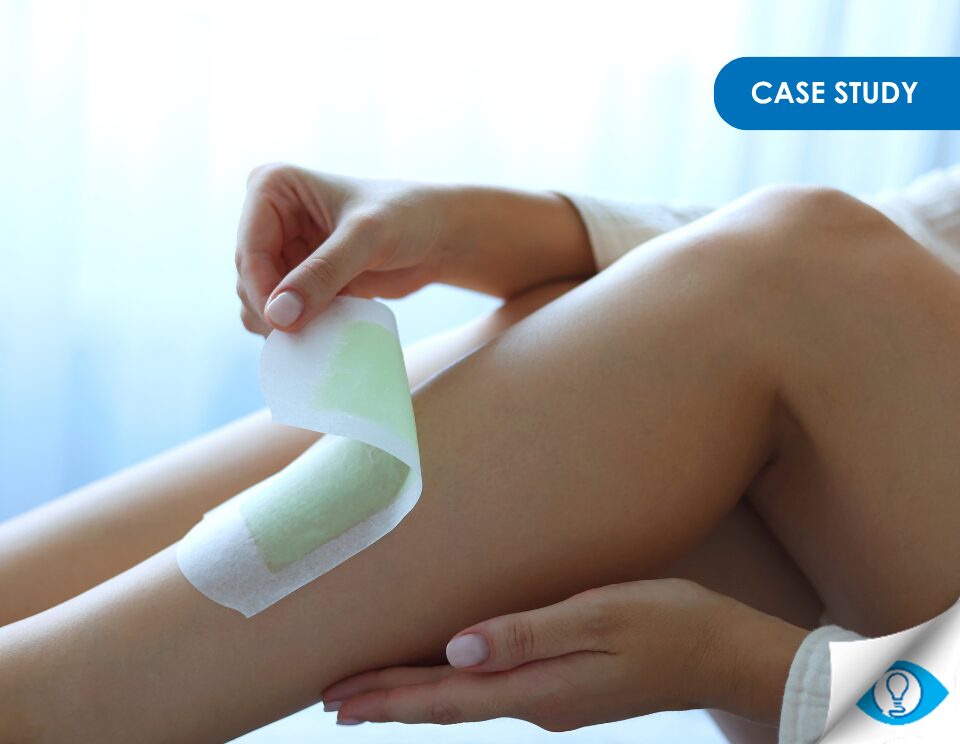How to Avoid Legal Challenges
Making claims about a product – whether related to taste, smell, performance, or other attributes – can be a powerful marketing tool. However, if these claims are not backed by rigorous research, they can expose your company to legal challenges, competitor disputes, and reputational risks.
To ensure your claims stand up to scrutiny, the setup of your research project is crucial. From fieldwork protocols to competitor analysis, following best practices will help safeguard the validity of your results and strengthen your claims.
This guide outlines six key steps to setting up a robust claims trail, helping you navigate potential legal pitfalls and ensuring your product claims are both credible and defensible.
1: Strict fieldwork protocols
A clear, thorough protocol must be established before fieldwork begins to ensure consistent testing conditions for all participants. This includes standardising product preparation to maintain reliability and prevent competitors from challenging the validity of the results.
2: Avoid measuring too many attributes
Focus solely on the main research objective when designing your study. For example, if claiming taste superiority, test only taste opinions – measuring other factors like aroma or packaging could unintentionally influence results and undermine validity.
3: Remove bias from testing
To avoid bias, products should be blinded and presented in a randomised order. This prevents branding from creating a halo effect and eliminates order effects that could skew the results.
4: Use a large sample size
For reliable statistical analysis, a minimum sample size of 100 is recommended. A larger sample reduces variability, increases confidence in the results, and strengthens the credibility of your claims.
5: Transparent reporting
Clearly document the methodology, fieldwork process, and analytical approach to ensure transparency. This not only builds trust but also provides a clear defence if competitors or regulators challenge your claims.
6: Competitor analysis
Consult internal legal teams during test setup and anticipate competitor challenges by addressing potential arguments in your methodology. This ensures your claims are legally sound and less vulnerable to disputes.
In Summary
Making product claims can be a valuable marketing tool, but without rigorous research, they may face legal challenges and competitor disputes. By following these best practices, you can strengthen the credibility of your claims, reduce legal risks, and confidently defend their findings.
If you’d like to discuss your claims needs, please contact Lara Rudin by email at: [email protected]
You may also be interested to watch on demand: ‘Claims Webinar: Making Sue You WIN’ – a useful resource to aid your next claims project.




Stay In Touch